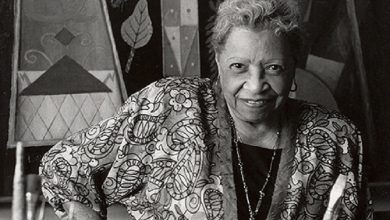Tunisia adopts historic law against racism, a first in the Arab world

In the Arab-Muslim galaxy, Tunisia can pride itself on cultivating its difference in an enlightened way, for the good of all its citizens, without exclusion.
First Arab country to have abolished slavery in 1846 under the era of Beys, two years ahead of France which, however, carried high the torch of the Enlightenment, but also the United States and many other Western countries, the country Jasmine has once again left its mark on a historic vote, applauded with both hands inside and outside Parliament: the adoption of a law criminalizing racism – racist speech, incitement to hatred and discrimination – seen as a “turning point for Tunisia” by Jamila Ksiski, a member of the Ennahda party, a member of the black minority, which is the culmination of a long legislative struggle.
On Tuesday, October 9 was certainly to mark a milestone for Tunisia, which can be proud to be raised again to the rank of pioneer in the Arab world, thanks to this major advance that the Minister of Foreign Affairs immediately hailed on Twitter, calling it an “achievement that honours Tunisia”. A commendable official reaction that was the prelude to a series of comments in unison on social networks, stamped with an exalted patriotism.
“This is a very important turning point in the history of Tunisia, equivalent to the abolition of slavery,” exclaimed Messaoud Romdhani, head of the Tunisian Forum for Economic and Social Rights, before to temper his field-tested enthusiasm: “It’s a giant step, but there is still a lot of work to be done to make this law a reality in a society where there is racism against 10% of black Tunisians and Africans in sub-Saharan Africa, who are subjected to insults and sometimes violent attacks”.
Now criminalized in Tunisia, racism in all its forms will be heavily punished, it is the most deleterious rhetoric – the racist speech will be punishable by a month to a year of imprisonment and a fine amounting to 1,000 Tunisian dinars or that it contributes to the exacerbation of the hatred, to the trivialization of the discriminations, and even more serious, that it drives the country in the spiral of the violence. Penalties of up to three years’ imprisonment, with fines ranging between 1,000 and 3,000 Tunisian dinars, or even, in the face of highly reprehensible acts, amounting to 15,000 Tunisian dinars.
Source: Middleeasteye




